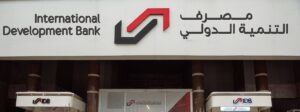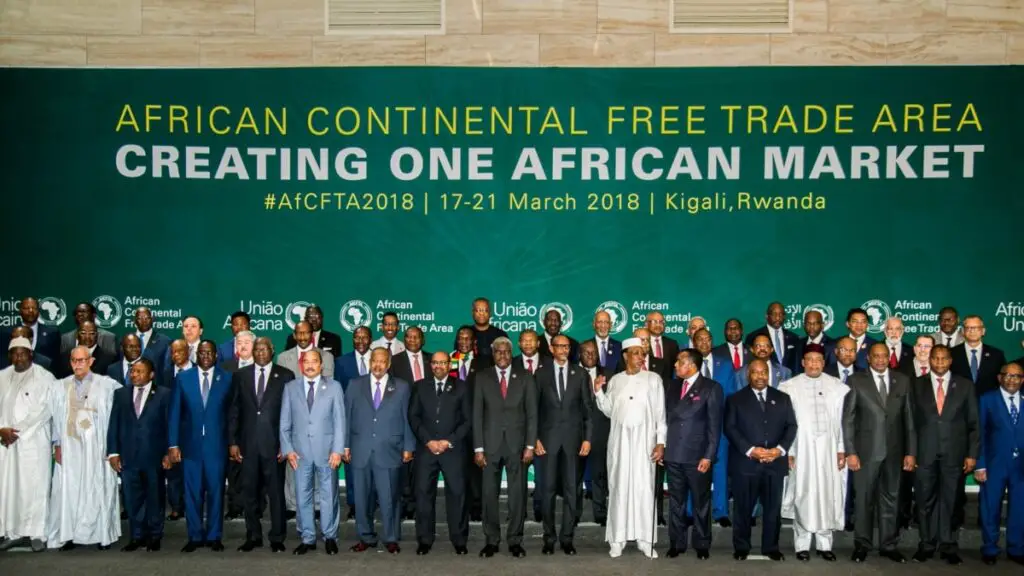- Top five priorities for the African Union
- Building Nutrition and Food Security top African Union Agenda
- Africa requires an equitable representation at the United Nations
The Assembly of African Union Heads of State and Government held its 35th Ordinary Session early February this year and listed the continent’s top five priorities. The Assembly meeting saw the handover of the rotating leadership of the Union from H.E. President Antoine Tshisekedi of the Democratic Republic of Congo who was Chairperson in 2021, to President Macky Sall of Senegal.
The Heads of State and Government launched the African Union Theme of the Year 2022 as Year of Nutrition: “Strengthening resilience in nutrition and food security on the African continent: Strengthening agro food systems, health and social protection systems for the acceleration of human, social and economic capital development”.
Five priorities were listed: Resilience to Covid-19 and Africa manufacture of vaccines, action against terrorism, Africa’s benefit in multilateralism, institutional reform of the AU and the question of Palestine, in that order.
Other than the shortlisted five, the overall AU continent priorities remain to be peace and security, infrastructure and energy, climate change, innovative development financing, and training youth and women’s empowerment.
Covid-19, Africa’s Response Going Forward
As listed above, the overarching resolution was African solidarity in addressing the impact of Covid-19 on the continent.
It was highlighted that the Covid-19 pandemic led to a contraction in growth of 2.1 per cent in 2020 and an increase in the debt ratio by 10 points of GDP. The Heads of State resolved that there is need for a continental strategy focused on developing innovative sources of financing, debt cancellation and reducing the harmful effects of the pandemic on economies.
As a matter of fact, owing to the pandemic, this was the first time that the Heads of State were able to meet face to face since the pandemic struck.
In this regard, the Africa Center for Disease Control (CDC) and the African Medicines Agency (AMA) are to continue playing lead roles in promoting Africa’s public health strategy. The two bodies are responsible for leading the implementation of the AU strategy of resistance against the pandemic and other public health issues.
The Heads of State also highlighted the need not only to acquire vaccines but to manufacture them on the continent.
Terrorism: a worsening scourge on the continent
Then came up the matter of terrorism, regional and global security and the part Africa plays. The Session discussed threats of coup d’états and terrorism insurgence on the continent. The African Union Commission (AUC) Chairperson Moussa Faki Mahamat described terrorism as a scourge on the continent.
He admitted that terrorism is growing at an unprecedented scale which calls for a new approach in addressing security on the continent, especially in light of what he termed as “new destabilising factors” in Africa.
Multilateralism: Is Africa benefiting?
The Chairperson noted the increased interest on the continent and cautioned that there is yet to be seen substantial development, if any, in favour of Africa.
“There is need to revisit the Union’s approach to partnerships,” he said.
The leader maintained that such partnerships should focus on concrete, transformative and integrating mega projects in the five priority areas of peace and security, infrastructure and energy, climate change, innovative development financing, and training youth and women’s empowerment.
Institutional Reform of the AU
The AUC Chairperson acknowledged progress in legal and political limits that he said impact the powers and leadership of the AU Commission on matters of regional and continental importance. He however cited the need to clarify the relationship of subsidiarity and complementarity factors between the Regional Economic Communities (RECs) and the AU.
“We need to do this to avoid any detrimental effect on the functioning of the Union’s political and security architecture and the issue of sovereignty of states which can act as a protective shield against abuses occurring in a member country and be used as a wall against intervention by the AU,” he cautioned.
The Palestinian Question
Prime Minister of the State of Palestine, Mohammad Shtayyeh addressed the Assembly and gave an update on the situation of Palestine. On his part, the AUC Chairperson reiterated the Union’s commitment to supporting the Palestinian people in what he said is “their legitimate quest for freedom and independence.”
He said Palestine has an “inalienable right to the establishment of their own national state alongside the State of Israel in conformity with the relevant decisions of the AU and the United Nations based on the principle of two states living together in peace, harmony and mutual respect.”
Other Matters: Africa and the UN
Ethiopian Prime Minister Dr. Abiy Ahmed was of the view that seven decades after the formation of the United Nations, “Africa remains a junior partner without meaningful input or role in the system of international governance.”
He said for example, Africa has no seat on the UN Security Council and called for “…reform of the UN to reflect current global realities with equitable representation.”
He reiterated collective advocacy in accordance with the Ezulwini Consensus for Africa to have no less than two permanent seats and five non-permanent seats in the UN Security Council. He also called for the establishment of an African Union continental media house, to provide authoritative news and information, fight disinformation, promote the African collective agenda and strengthen Africa’s voice across the world.
Responding, the UN Secretary General António Guterres said implementation of the UN Sustainable Development Goals and the AU’s Agenda 2063 is the cornerstone of the relationship between the two organisations. He acknowledged that the global financial system has in his words, “abandoned African countries,” a factor that he described as “morally decadent”.
It remains to be seen whether the call for Africa’s equal representation on the UN Security Council will be heeded and whether the UN will grant Africa seats in the Security Council. As for Africa’s part in the global economy and financial systems, it is worth noting the continent has finally formed its own pan-Africa free trade area – the African Continental Free Trade Area. The resolution is an ambitious trade pact that has now formed what is the world’s largest free trade area. It connects almost 1.3bn people across 54 African countries to operate as a single market for goods and services in order to deepen the economic integration of Africa as well as giving the continent a say in global economies.




